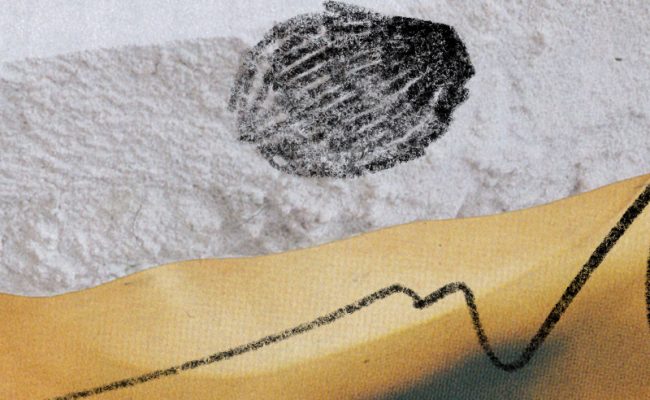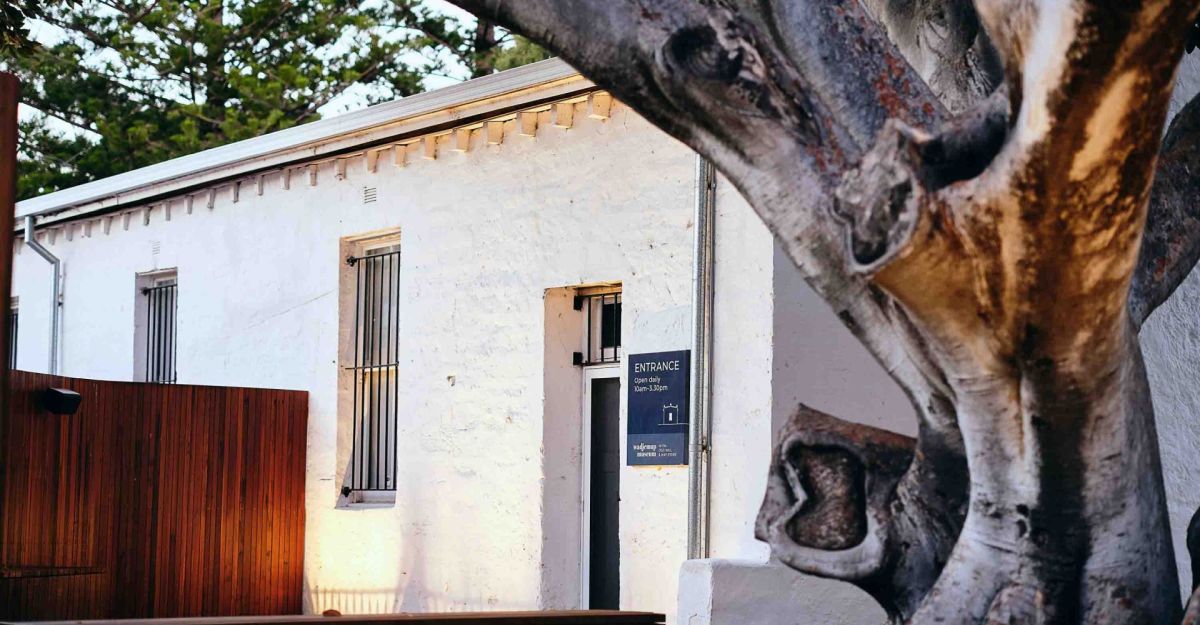In 2012 Adani walked into Bundaberg with all the Wangan and Jagalingou people, and he said: we wanna give you this, we wanna give you that. Blah blah blah. Nobody wants to listen to that, so we kicked him out of the room, and said no. That was to the mining lease. Every single blackfella in the room said: get out.
Sent ‘em packing; all the lawyers: get out now. That was 2012. Then 2014: no we don’t want you here, get out. Adani went behind the back of all the other applicants, singled out a few people and told them, if you don’t sign, you know what’s gonna happen? You’re gonna lose all your Native Title.
This is how gullible some of our people are. They’re telling them what to think. This is why they don’t have any control. These bottom-feeder lawyers, I call ‘em. They walk into a negotiation on land disagreements – these bottom-feeders – if you don’t sign this, you get nothing.
All those interviews I did, all those journalists say to me, what is it that you want? Why are you trying to stop the mine? We just want Adani to pack up and go. Leave our country. The mine would cause more damage to the climate, burn more coal and unleash more carbon into the atmosphere.
We could not in good conscience, consent to a project that contributes to the dire, unfolding effects of global warming. Normally the direct impacts would be limited to our lands, but these would have cascading effects on the waters of other Traditional Owners and landholders in the region. We know that many people who care deeply about our health, water, resources, and the great flora and fauna of Central Queensland, share our concerns about this mine.
I have a bloodline connection to Wangan and Jagalingou country. Our clan runs out to the Great Dividing Range, at the Alpha, and down to Capella. From the time the British first encroached upon our land 155 years ago, my great-grandfather was there. Through his son and through my father, I’ve always maintained that we have hereditary title to that land. I would not be here today unless my father walked off that mission, and said: if you don’t make me a citizen, I’m leaving this mission, and he went to prison.
I am the spokesperson for the Wangan and Jagalingou Family Council. I say that wherever I go now, because my people appointed me that. When I speak, I speak for the land. I speak for the Law, which is still there in the land, where my Ancestors come from. They handed this responsibility to us: by telling the Wangan Jagalingou story in its own voice, our communication is authentic, and culturally managed through all the different layers of campaigning. Our campaign’s approach is as a story-based strategy. We managed to communicate to the world what’s necessary to defend our country through our culture.
So… where does life begin? A story. Where’s the story come from? The locus of our creation. How were we created? We know that we come from the water. Water is life. Our whole body’s made of water. We come from water inside our mother, we should be in water swimmin’ like fish. We are the water.
And how do you get proper healing from water? You sink into that water. You put the vibrations in the water. You drink it, it’ll give you healing. I think that if we’re gonna do something… all of us together, we could unite together on the one principle of water. It’s the water. Those people that stood with Adani, that sat in the courtroom with Adani, those people have never been to the springs. I asked them, hey brother, have you been to the Doongmabulla Springs? Nah nah, we were on the outside, we were just out on the roads. Brother.
I represent not only the people on the Tribal Council, I represent a hundred other family members. There has to be a future for them. Not in coal mining, not in extractive fossil fuel industries, not in the destruction of our country for measly jobs or measly cash incentives.
When it comes to building our constituency, there is an opportunity to grow our supporter base in Australia and internationally, but people have to back the long-term struggle in Aboriginal rights. I can’t emphasise that enough. Wangan Jagalingou’s case overlaps with the fact that large numbers of Australians oppose the Adani mine, and want it stopped.
The positive is that many people also support First Nations rights, and are joining forces with us. They know that by standing with us they can help protect the Galilee Basin, the natural springs, the Carmichael River. We welcome them. The negative is that support for our rights is not extended conditionally and may therefore evaporate when the common goal is no longer an issue.
There is a threat that this support is contingent, and that land rights are merely a campaign advantage for other people’s environment and climate campaigns. Then our strategies get diluted. Our stories get misunderstood and then they become associated with some other movement.
This is dangerous ground.
We call upon people to stand with us, but it’ll be our walk, our path, and it’ll be under our circumstances. We maintain a long-range strategy. The ability to navigate a world of mandating Aboriginal politics in the institutions of settler society is enormously complex.
We operate knowing there is no short path to our goals. The core team must be completely committed to enacting mandate of the Council. Success or failure falls outside of whether the campaign builds its power and resources according to First Nations’ political purposes. Our self-determination is the ultimate goal for us.
There can be no compromise of this sort of organising principle. I’ve been busy out there on the front line, doing what my conscience tells me to do.
It’s the water, hey.
Read the rest of Overland 240
If you enjoyed this piece, buy the issue
Or subscribe and receive
four brilliant issues for a year




